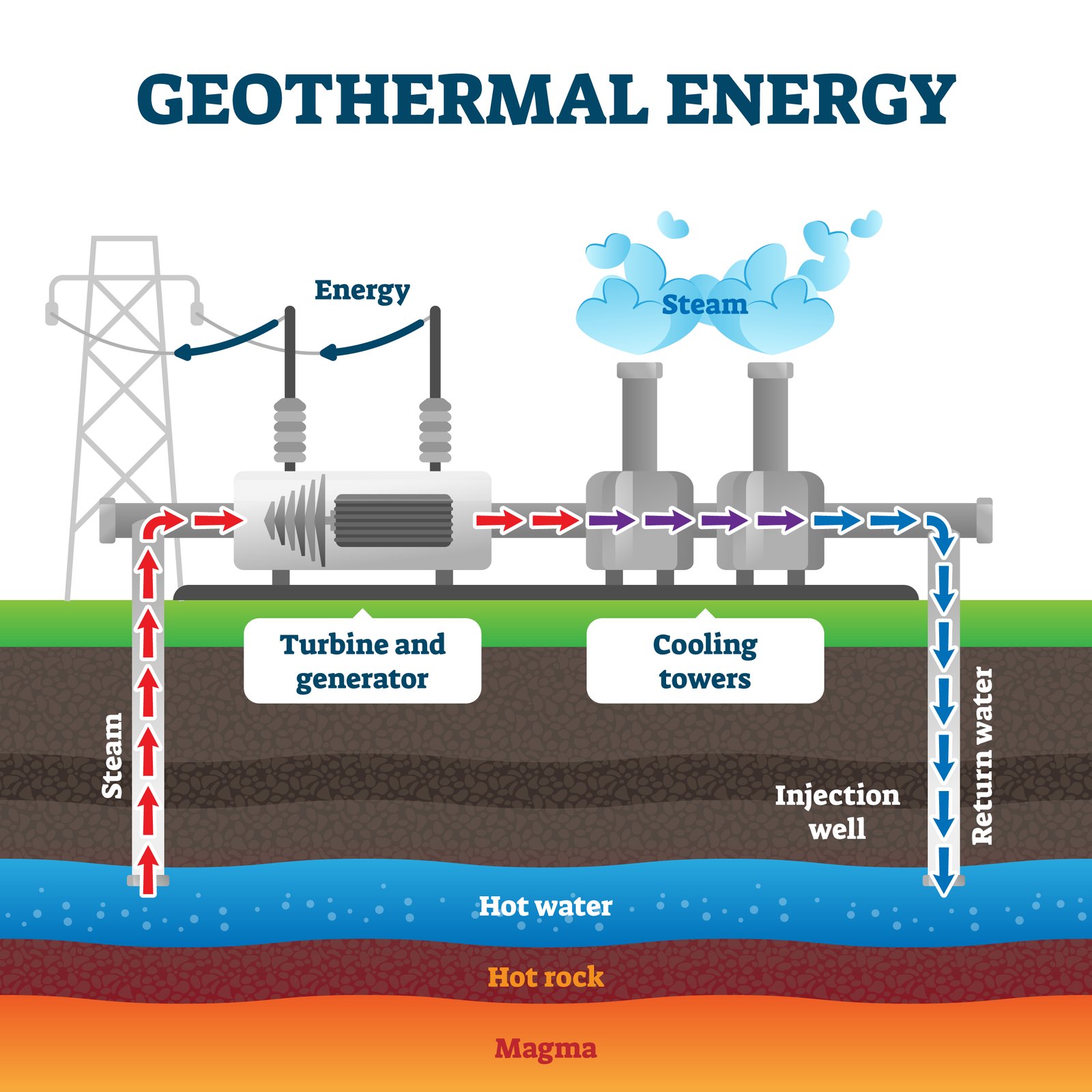Geothermal Project Bids Open May 5th
Geothermal Project in St. Kitts and Nevis: A Transformative Leap Towards Sustainable Energy
The twin-island Federation of St. Kitts and Nevis is poised to revolutionize its energy sector with the launch of its highly anticipated geothermal energy project. This ambitious undertaking, slated to open for bids on May 5th, aims to harness the earth’s natural heat to generate clean, reliable, and affordable electricity for the nation. Prime Minister Dr. Terrance Drew, speaking at a pre-Labour Day meeting, underscored the significance of this project, highlighting its potential to transform the energy landscape of the federation. This transition to geothermal energy marks a crucial step towards energy independence, economic diversification, and environmental sustainability for St. Kitts and Nevis.
The project has gained substantial momentum with secured funding of at least US$37 million. This financial backing comprises US$17 million from the Caribbean Development Bank (CDB) and US$20 million from the Saudi Fund for Development. This significant investment underscores the confidence of regional and international partners in the viability and transformative potential of the geothermal project. The secured funding will primarily support the crucial drilling phase, which is essential for accessing the geothermal reservoir and harnessing its energy potential. This initial investment lays a strong foundation for the successful development and implementation of the project.
International collaboration has also played a vital role in advancing the geothermal project. The International Renewable Energy Agency (IRENA) and an Icelandic delegation have expressed strong support for the initiative. Iceland, renowned for its successful utilization of geothermal energy, offers valuable expertise and experience. Their commitment to providing assistance, guidance, and training to local officials in geothermal-related fields will strengthen local capacity and ensure the sustainable management of the resource. This international partnership further underscores the global recognition of the project’s importance and its potential to serve as a model for other island nations seeking to transition to renewable energy sources.
The geothermal project represents a shared vision between the Federal Government and the Nevis Island Administration (NIA). Both entities recognize the immense potential of geothermal energy to reshape the energy sector and drive sustainable development. By reducing reliance on imported fossil fuels, geothermal energy will enhance energy security, mitigate the impacts of volatile global oil prices, and contribute to a greener, more resilient economy. Moreover, the project will create new job opportunities in the renewable energy sector and stimulate economic growth.
The shift towards geothermal energy also aligns with the federation’s commitment to combating climate change. Geothermal power is a clean and renewable energy source that produces significantly lower greenhouse gas emissions compared to fossil fuels. This transition will contribute to reducing the islands’ carbon footprint and promoting a more sustainable environment for future generations. By embracing geothermal energy, St. Kitts and Nevis is demonstrating its commitment to global efforts to mitigate climate change and transition towards a low-carbon future.
The geothermal project in St. Kitts and Nevis is an exemplary case of a small island nation taking bold steps towards a sustainable energy future. By leveraging international partnerships, securing crucial funding, and building local capacity, the federation is paving the way for a transformative shift in its energy sector. The project stands as a testament to the nation’s commitment to energy independence, economic diversification, and environmental stewardship, setting a powerful example for other island nations in the Caribbean and beyond. The development of geothermal energy holds immense promise for the sustainable development of St. Kitts and Nevis, offering a pathway to a cleaner, more resilient, and prosperous future.
Share this content:












Post Comment